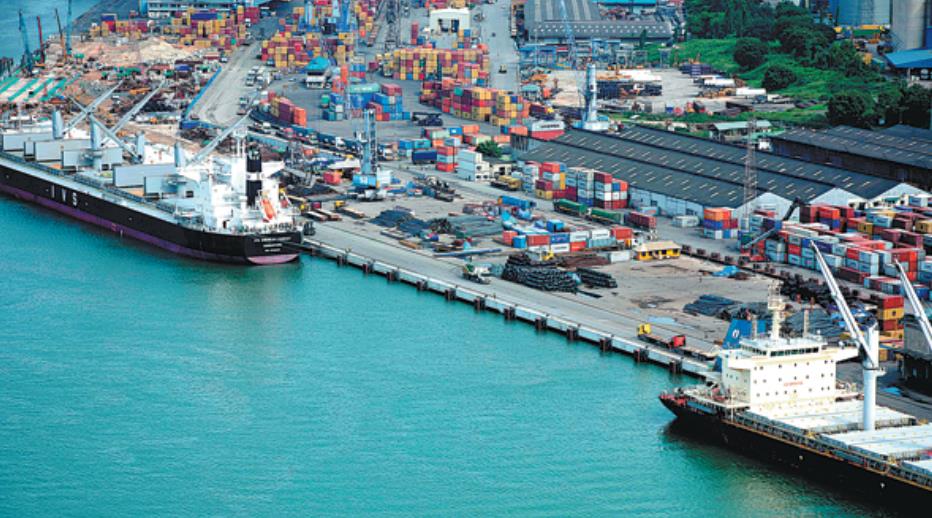October 23, 2025

PHOTO CREDIT: XINHUA
Tanzania is rapidly expanding its horticultural exports through significant enhancements in cooling infrastructure at the Dar-es-Salaam Port, boosting the country’s competitiveness in regional and global markets. This “refrigeration revolution” underway at the port is enabling the shipment of larger volumes of perishable goods with improved quality and extended shelf life.
The Dar-es-Salaam Port now features over 400 reefer plug points dedicated to refrigerated containers transporting temperature-sensitive produce such as fruits, vegetables, seafood, and flower seeds. The Tanzania Ports Authority (TPA) has ambitious plans to more than double this capacity to over 1,000 reefer plugs within three years, a strategic effort to tap into Tanzania’s expanding horticultural potential.
“Uninterrupted cooling is essential for preserving the freshness and quality of perishable exports,” explained TPA Director General Mr. Plasduce Mbosa. To ensure reliability, the port has installed a redundant power system with diesel generators on standby to back up the national grid, prioritizing power supply to reefer containers during outages. Additionally, 24-hour temperature monitoring services by all terminal operators ensure constant checks that minimize spoilage and prevent costly losses.
These state-of-the-art infrastructure improvements have already benefited Tanzanian exporters, notably in avocados, mangoes, seafood, and other fresh produce. The products now reach overseas markets fresher, enabling longer shelf life and enhancing profitability for growers and exporters.
According to Tanzania Horticultural Association (TAHA) CEO Ms. Jacqueline Mkindi, the sector achieved remarkable growth in 2024, driven by surging export volumes and values across key international and regional destinations. TAHA data reveals a staggering 225 percent increase in horticultural export volumes to the East African Community (EAC), rising from 22,400 tonnes valued at $1.32 million in 2023 to 72,800 tonnes worth $7.53 million in 2024. Kenya emerged as the primary regional destination, absorbing 91 percent of Tanzania’s EAC horticultural exports, with oranges leading the list.
On Asian markets, exports to China and India rose by 30.25 percent in volume, growing from 95,200 tonnes in 2023 to 124,000 tonnes in 2024. However, total export value declined by 43.53 percent to $31.6 million, reflecting market price fluctuations. Exports to the United Arab Emirates (UAE) also saw impressive gains with volumes up by 131.54 percent and values increasing by 43.52 percent to reach 60,200 tonnes valued at $13.9 million, largely driven by avocado shipments which accounted for 89 percent of export volume.
South Africa represented another notable growth market, where Tanzanian exports climbed by 110.73 percent in volume and soared by 579.21 percent in value, from just under 1 tonne valued at $1.8 million in 2023 to over 2 tonnes worth $12 million in 2024. Europe also recorded modest growth, led by the Netherlands which received 47 percent of Tanzanian horticultural exports. Here, avocados made up 46 percent of exported volume, while vegetable seeds contributed 28 percent of export value, reflecting a strategic focus on high-value products for premium European markets.
These developments underscore Tanzania’s rising status as a leading horticultural producer and exporter in Africa, supported by modernized port infrastructure that safeguards product quality and meets global market demands.
